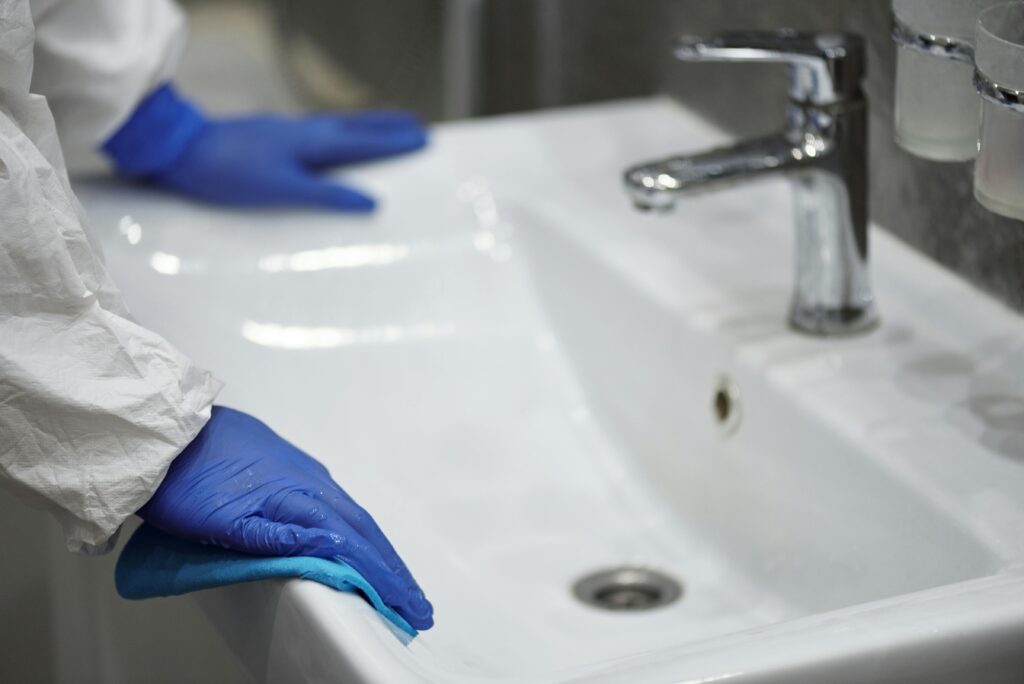Plumbing Repairs
In every home, plumbing is a crucial system that ensures the smooth flow of water and the removal of waste. From leaky faucets to burst pipes, plumbing issues can disrupt daily life and cause significant damage if not addressed promptly. In this comprehensive guide, we will delve into the world of plumbing repairs, exploring common problems, effective solutions, and preventive measures to keep your pipes in top condition.
Define the Importance of Plumbing Repairs
Plumbing repairs are essential for maintaining the functionality and integrity of your home’s water and sewage systems. By addressing issues promptly, you can prevent water damage, mold growth, and costly repairs.
Types and Categories
Residential Plumbing Repairs
Residential plumbing repairs encompass a wide range of issues that homeowners may encounter, including clogged drains, leaky pipes, and malfunctioning water heaters.
Commercial Plumbing Repairs
In commercial settings, plumbing repairs are crucial for maintaining the smooth operation of businesses, schools, hospitals, and other institutions. Common issues include sewer line backups, burst pipes, and faulty plumbing fixtures.
Symptoms and Signs
Common Signs of Plumbing Problems
- Low water pressure
- Slow drains
- Unpleasant odors
- Water stains on walls or ceilings
- Sounds of dripping or running water
Uncommon Symptoms Requiring Immediate Attention
- Sudden increase in water bill
- Visible water damage
- Sewage backup
- Puddles of water around the foundation
Causes and Risk Factors
Biological Factors
- Tree roots invading pipes
- Mold and mildew growth
- Bacterial buildup in drains
Environmental Factors
- Freezing temperatures causing pipe bursts
- Corrosion due to exposure to chemicals or minerals in water
- Soil shifting leading to pipe misalignment
Lifestyle Factors
- Improper disposal of grease, hair, or foreign objects
- Excessive water pressure
- Neglecting regular maintenance and inspections
Diagnosis and Tests
Common Diagnostic Tools
- Video inspection cameras
- Pressure gauges
- Leak detection equipment
Tests Used in Plumbing Diagnosis
- Hydrostatic pressure test
- Dye testing for leak detection
- Smoke testing for sewer line leaks
Treatment Options
Traditional Plumbing Repairs
- Pipe replacement or repair
- Drain cleaning
- Fixture repair or replacement
Advanced Plumbing Technologies
- Trenchless pipe repair
- Epoxy pipe lining
- High-pressure water jetting
Preventive Measures
Regular Maintenance
- Schedule annual plumbing inspections
- Clean drains and gutters regularly
- Insulate pipes to prevent freezing in cold weather
DIY Plumbing Maintenance Tips
- Use drain screens to prevent clogs
- Avoid flushing non-biodegradable items down the toilet
- Monitor water usage for signs of leaks
Personal Stories or Case Studies
Sarah’s Plumbing Nightmare
Sarah, a homeowner, ignored a minor leak under her sink for months until it turned into a major plumbing emergency. The resulting water damage cost thousands of dollars to repair and could have been prevented with prompt action.
John’s Preventive Plumbing Maintenance
John, a savvy homeowner, schedules annual plumbing inspections and performs routine maintenance tasks such as cleaning drains and checking for leaks. As a result, he has avoided costly repairs and enjoys peace of mind knowing his plumbing system is in top condition.
Expert Insights
Dr. Emily Patel, Plumbing Expert
“Regular maintenance and prompt repairs are key to preventing plumbing emergencies. Homeowners should be proactive in addressing minor issues to avoid costly damage down the line.”
Conclusion
In conclusion, plumbing repairs are essential for maintaining the functionality and integrity of your home’s water and sewage systems. By understanding common problems, implementing preventive measures, and seeking professional help when needed, you can keep your pipes flowing smoothly and avoid costly repairs.

